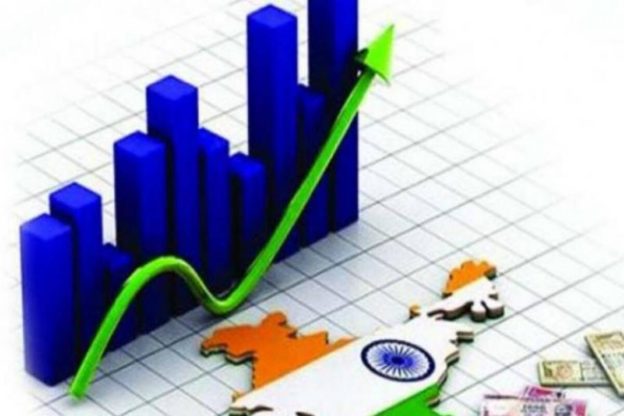Despite the slowdown and recession threat looming over the world, Barclays believes that India’s economy stands out as an outlier, benefiting from enhanced food security, deleveraged private sector balance sheets, and more.
In order to mitigate the impact of the Russia-Ukraine war on the Indian economy, policymakers have deployed significant fiscal and monetary resources. The measures taken by RBI have helped India’s economic performance, which has arguably been better than its peers, as the growth recovery has been robust while inflation has risen by much less than in other economies. However, according to analysts at Barclays, this resilience in the economy has come at the cost of material fiscal support in the form of price stabilisers, as well as through the loss of foreign reserves to keep the rupee relatively stable.
India’s macro stability is delicately balanced even after commodity prices eased, as strong growth and falling inflation are offset by large current account deficit and fiscal deficit. With the global economy set to slow, India’s robust growth momentum may end up creating macro stability challenges, noted Barclays.
Despite the slowdown and recession threat looming over the world, Barclays believes that India’s economy stands out as an outlier, benefiting from enhanced food security, deleveraged private sector balance sheets, and more room to use fiscal tools to offset the relative price shocks faced in terms of weaker exchange rates, high inflation, and rising interest rates. “We are comfortable with our baseline view of India’s growth slowing from 7.0% in FY 22-23 to 6.5% in FY 23-24, given strong consumption and continued fiscal support,” Barclays said in its report adding that India’s domestic dynamics are strong enough to drive growth of at least 6% for the next two years.
Faster growth path amid deteriorating global backdrop to bring risks of a wider CAD, stickier fiscal deficit profile, high inflation
Analysts at Barclays, however, believe that a potentially faster growth path amid a deteriorating global backdrop, elevated interest rates and still high commodity prices, would bring the risks of a wider current account deficit, a stickier fiscal deficit profile, and inflation running higher than average over the cycle. “Alongside, policy buffers in the form of fiscal room and foreign reserves are much smaller than they were at the beginning of the Russia-Ukraine conflict, thus reducing policy space to continue with the same level of policy of intervention,” they said.
Questions about India’s macro stability set to increase
According to the report, India’s economy looks to be in a countercyclical sweet spot going into Q4 22, with growth seemingly on a more stable footing than other major economies, while its inflation rates are not as elevated as in the West. The relative economic strengths across India’s economy means that, barring any unprecedented global or domestic events, annual growth of at least 6.0-6.5% year-on-year can be generated over the next two years. Underlying demand appears strong, as households and corporates are benefiting from countercyclical fiscal tools, such as tax cuts and subsidies.
Domestic tailwinds: The main factors supporting the momentum across various domestic sectors come from fiscal support (unlikely to decline), inflation trajectory (that appears to have peaked), and healthier, cleaner balance sheets of both financial institutions and households.
Deeper insulation from external headwinds: The domestic orientation of India’s economy should help provide a buffer against negative impacts from the weakening external environment, the research firm noted.
“Strong growth — set against the backdrop of elevated inflation, large current account deficits and a stretched fiscal position — could weaken some indicators of macro stability. Lingering concerns remain around India’s large current account and budget deficits, given still elevated commodity prices and the level of fiscal support provided to contain inflation. These risks to macro stability may increase if growth accelerates too sharply,” Barclays said. Analysts forecast GDP growth at 7.0% in FY23, with the underlying trend robust and an absence of domestic factors that could derail the growth recovery.
https://www.financialexpress.com/economy/indias-robust-growth-momentum-may-create-macro-stability-challenges-for-economy/2677473/





